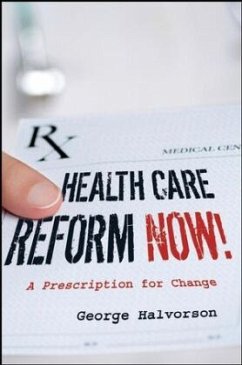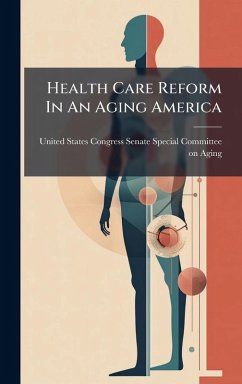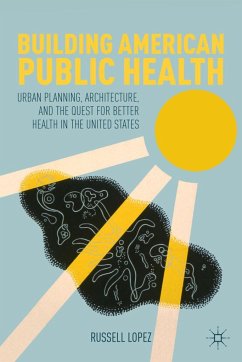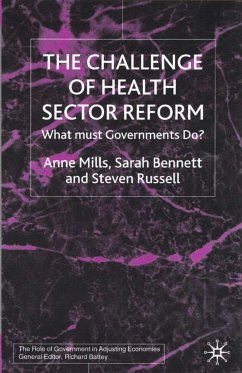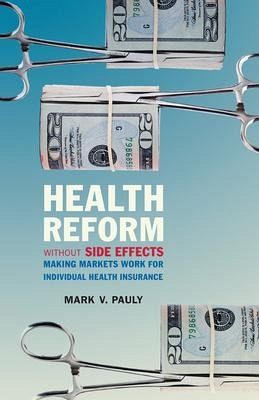
Health Reform Without Side Effects
Making Markets Work for Individual Health Insurance
Versandkostenfrei!
Versandfertig in über 4 Wochen
15,99 €
inkl. MwSt.

PAYBACK Punkte
8 °P sammeln!
Most people are offered health insurance through their jobs, and most still take it. But increasingly large numbers of workers have jobs in which coverage is not offered or where the terms under which it is offered do not induce them to take it. There is, however, an alternative to job-based insurance in which consumers could buy health insurance in the same way as they buy other kinds of insurances: voluntarily, as individual consumers, from private insurance firms. Because many of the uninsured appear to be permanent dropouts from the employment-based system, attention has turned to developi...
Most people are offered health insurance through their jobs, and most still take it. But increasingly large numbers of workers have jobs in which coverage is not offered or where the terms under which it is offered do not induce them to take it. There is, however, an alternative to job-based insurance in which consumers could buy health insurance in the same way as they buy other kinds of insurances: voluntarily, as individual consumers, from private insurance firms. Because many of the uninsured appear to be permanent dropouts from the employment-based system, attention has turned to developing an improved individual insurance scheme. In Health Reform without Side Effects, Mark V. Pauly provides some alternatives to the reforms currently proposed by Congress. The legislation in progress, he asserts, is far from ideal and stands a good chance of making things worse rather than better. It runs the real risk of increasing the number of uninsured, stifling innovation in health insurance at a time when it is most needed, and creating dysfunctional incentives for both consumers and insurance companies. Reform that uses rather than abuses market forces, says the author, would be preferable. Pauly explains that the optimal government intervention provides appropriate subsidies to those who need them, a basic but limited regulatory framework, a large number of different qualified sources of insurance--for profit and nonprofit, public and private--and then permits consumers to make their own choices.. Should additional subsidies and regulations be required, they could more easily be added when needed than withdrawn if not needed. Competitive markets have their strongest rationale in settings in which the amount of knowledge a planner has or could have is incomplete, and, the author concludes, the individual health insurance market is a prime candidate for such a setting. Although there are some serious trade-offs among different policy features, the model of open, neutral competitive markets seems best suited to making those trade-offs under our current conditions.




